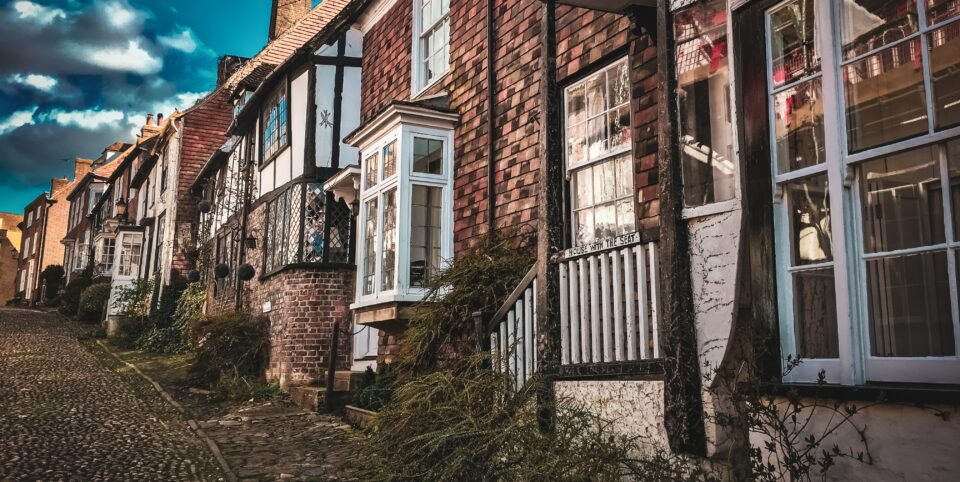Contact
020 4515 6728
info@ccameron.co.uk
Charles Cameron & Associates
Blackfriars Foundry
154-156 Blackfriars Road
London SE1 8EN
What is the Help To Buy equity loan scheme?
November 18, 2020
Information published was correct at the time of writing
-

*For the most up to date information on this topic, please see: I want to buy my first home but will I get a mortgage?
‘Help To Buy’ equity loan? That sounds a good idea. How does it work?
The Government wants us to be a country of homeowners. However, with house prices – especially in the south-east – at record highs, that’s difficult for many. The Help To Buy equity loan scheme, introduced in 2013, seeks to change that. Once you have a five percent deposit on a house, the Government will give you a 20 percent equity loan (up to 40 percent in London) based on the value of the property. Which means you basically have a ‘deposit’ of 25 percent and can get a smaller mortgage.
Is the interest rate high?
No. In fact, for the first five years, you don’t have to pay anything except a £1 management fee every month. In year six, you start paying 1.75 percent in interest on the loan, and it goes up every April in line with the Retail Price Index (RPI) plus one percent.
Practically, how does that work?
Remember, the loan is based on the current value of the property – not the actual amount you borrowed. So, if your home has gone up (or down) in value when you want to pay it back, the balance will reflect that. For example, let’s say you bought your home for £200,000 and borrowed 20 percent of the value (£40,000) from the Government. If you sell it later for £210,000, you now owe 20 percent of that – i.e. £42,000.
OK, this sounds straightforward. What’s the catch?
There are surprisingly few, but it’s worth understanding the process before you apply. Firstly, the scheme only applies to new-build properties. One of the reasons houses are so expensive in the UK is because we’ve not been building enough of them – the scheme is designed to reverse that (The Times says 272,000 properties have been built as a result of Help To Buy).
Secondly, the loan only applies to properties valued up to £600,000. Thirdly, the scheme will end in 2023.
So when do I pay the loan back?
Unlike most mortgages, you have to pay it back within 25 years. So even if you have a mortgage that, for example, you repay over a 35 year term, your Help To Buy loan must be repaid by 25 years.
However, you can pay it off flexibly, either in full or in 10 percent ‘chunks’.
What are the drawbacks?
Things can get a bit more complicated when you want to get a new mortgage. If your current deal ends, you’ll either move to your lender’s standard variable rate (SVR) or get a new deal. However, many banks won’t allow you to take out another 75 percent mortgage because of the money you owe the Government. Some may expect you to pay off the loan separately or use the equity in your property to settle it.
OK, there’s a lot to take in. Maybe I should wait until next year…
Bad news: Help To Buy in its present state ends on March 31st, 2021, so you need to get your skates on if you want to take advantage of the scheme. However, if you’d prefer to wait, be aware the new version of Help To Buy is available to first-time buyers only and will have local price caps. It runs out in March 2023.
So, should I apply for a Help To Buy equity loan or not?
As always, the best thing to do is get expert advice. At Charles Cameron, our intimate knowledge of the mortgage market – especially in light of Covid-19 – will help you make a choice that’s right for you.



